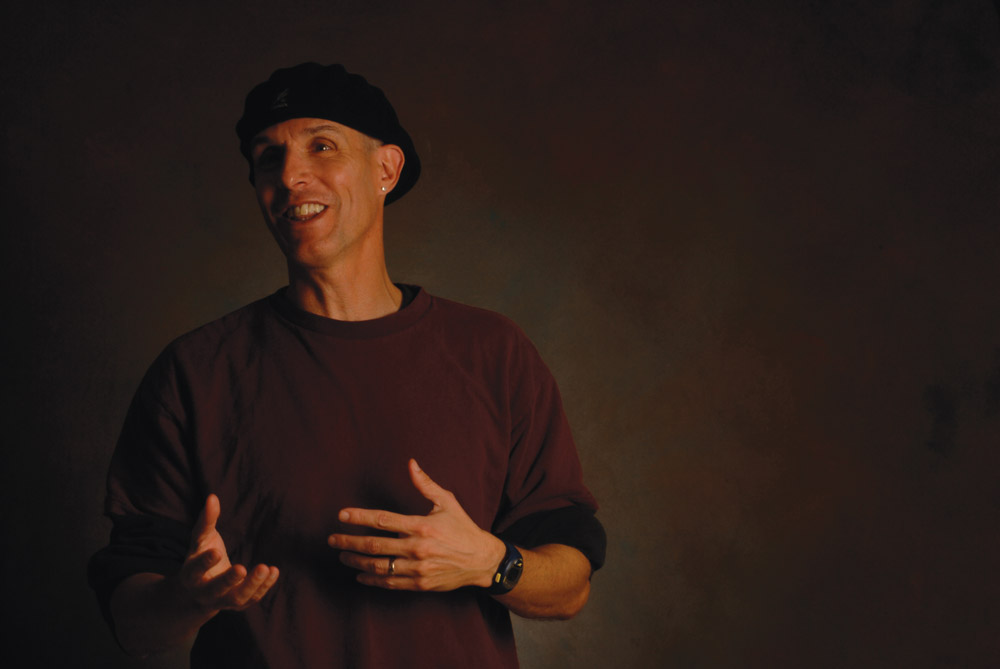Todd May is a political philosopher at Clemson University in the US and the author of many books, including A Fragile Life: Accepting Our Vulnerability (2017) and Nonviolent Resistance: A Philosophical Introduction (2015). At the Los Angeles Review of Books, May chats about fascism and the politics of nonviolence with Brad Evans as part of the latter’s ongoing project Histories of Violence. May argues that nonviolence can indeed be effective against fascism, but mainly when fascism is still emergent as a political force, not when it has already ascended to power. Here’s an except from the interview:
In your writings, you continue to highlight the contemporary importance of continental thinkers such as Michel Foucault, Gilles Deleuze, and Jacques Rancière, among others. How do they still help us develop a critique of violence adequate to our times?
Let me address this in two parts: the issue of the critique of violence and then the alternative of nonviolence. Regarding violence, we need to ask a bit about what violence is. In my book on nonviolence, I confessed to being unable to come up with an adequate overall definition of violence. However, traditionally violence is considered to be of at least three types: physical, psychological, and structural. It is structural violence that is most relevant to consider here. Let me focus on Foucault and Rancière. In his most famous works, Discipline and Punish and the first volume of The History of Sexuality, Foucault can be read — rightfully so, in my view — as offering us genealogies of particular kinds of structural violence, violence that stems not from direct person-to-person contact but instead emerges from the structure of a social situation.
In Discipline and Punish, for instance, Foucault traces the rise of systems of discipline that, by constraining us to certain kinds of behavior and self-understandings, marginalize large groups of people as well as limiting the options for resistance to current oppressive arrangements. While this kind of violence may seem to be something very different from physical or psychological violence, it isn’t. In particular, systems of power that marginalize people are psychologically violent in ways that are similar to person-to-person psychological violence. They deny people’s dignity, as I mentioned above. In addition, they limit the kinds of resources people have access to in order to create meaningful lives, they make interaction with other social groups difficult, and they often directly circumscribe the kind of activities people have access to.
Rancière’s perspective is less historically nuanced than Foucault’s. He takes a wider view, insisting that what he calls police orders are characterized by hierarchical relations in which some people’s views and contributions count and others’ do not. For Rancière, the denial of people’s equality runs deep and to confront it successfully often involves a collective assertion of equality. This leads to his contribution to nonviolence. Rancière has not, to my knowledge, written much on nonviolence. However, I have argued that it is implicit in his thought. The presupposition of equality that he believes animates real democratic movements requires nonviolence as a default. This does not mean that such movements must always be nonviolent. But that must be the default position. The reason for this is that the presupposition of equality is a presupposition of the equality of everyone. It cannot be just those who struggle who are presupposed equal; the presupposition must also encompass the adversary.
If this is right — and, again, he does not say this but I believe it follows from his view — then the default position of a democratic movement must be nonviolent. One might ask here: When a movement of equality is forced into a position where it must be violent, does that undermines its character as a movement of equality? It is, admittedly, a vexed question, one that I have struggled to answer in a way that I am finally comfortable with.
Image of Todd May via clemson.edu.
